UEL and the Refugee Council Archive for Refugee Week Event:
“Different Pasts: Shared Futures”: Showcasing UEL Initiatives Supporting Refugees
Wednesday, 22nd June: 10.30am – 7pm
University of East London, Docklands Campus.
Refugee Council Archive (Ground Floor, Library) and Room DL.3.04
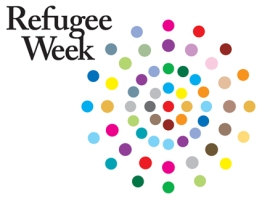 We warmly welcome you to attend our UEL “Different Pasts: Shared Futures” event for Refugee Week 2016. We have organised a mix of sessions to help showcase the initiatives currently being undertaken by staff and students here at the University of East London to help support migrants and refugees and to showcase new projects and research to help promote and celebrate the contribution of refugees to the UK, and encourages a better understanding between communities.
We warmly welcome you to attend our UEL “Different Pasts: Shared Futures” event for Refugee Week 2016. We have organised a mix of sessions to help showcase the initiatives currently being undertaken by staff and students here at the University of East London to help support migrants and refugees and to showcase new projects and research to help promote and celebrate the contribution of refugees to the UK, and encourages a better understanding between communities.
Our Timetable of Events for the day will include:
10.30am – 11am: Registration and Networking
11am-12.30pm: Living Narratives in the Calais Jungle.
With confirmed Speakers: Dr. Aura Lounasmaa (UEL), Dr. Cigdem Esin (UEL) ,Dr Tahir Zaman, (SOAS/UEL) and Marie Godin, (International Migration Institute, University of Oxford).
1pm Onwards: Refugee Council Archive Open Afternoon and Exhibition. Location: Archive
1pm – 2pm: Film Screening: Performing the Archive: Living Narratives and the Politics of Performance.
A showcase of a recent civic engagement project with our second-year theatre studies students.
2pm-3pm: Archiving Living Histories of the Migration Experience: 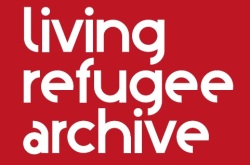 Oral History, Archives and the Hidden Narratives of Migration.
Oral History, Archives and the Hidden Narratives of Migration.
Dr. Rumana Hashem and Paul Dudman, Archivist at UEL.
3pm – 4.30pm: Workshop: How can we engage with refugee communities and help document and preserve their life histories and enable their stories to be told?
Showcasing our latest civic engagement projects including the Living Refugee Archive and the Mental Health and Wellbeing Online Portal and introducing the IASFM Working Group and Oral History Society Migration SIG and the Migration and Asylum Network. Led by Dr. Rumana Hashem and Paul Dudman.
4.30pm – 4.45pm: Break
4.45pm – 6pm: Brexit and the Migration Crisis: Redefining refugee, migration and conflict studies in a fragmented Europe?”
Roundtable discussion including past and present UEL Staff and Students on people-centred understandings of conflict and refugee movements and responses to global and refugee inactivates in light of current events. Chair: Professor Giorgia Dona.
6pm: Refreshments and Networking. Location: Ground Floor Library Foyer and Refugee Council Archive.
Organised in Conjunction with the Refugee Council Archive at UEL; the Centre for Narrative Research, Centres for Migration, Refugees and Belonging and Centres for Social Justice and Change at UEL.
Programme Information:
UEL is at the forefront of research and teaching within the fields of refugee, forced migration and conflict studies. Specialist postgraduate masters courses exist in Refugee Studies and Conflict Displacement and Human Security. If you would like to explore the issues discussed during today in further depth, we welcome enquiries in relation to the courses that we have on offer.
MA in Refugee Studies
A distinctive feature of this course is that it considers the perspective and experiences of the people forced to flee conflict, generalised violence, and human rights violations. It highlights social, cultural and community responses to people in search of sanctuary in the contexts of restrictive border practices. It encourages informed understanding about contemporary conflicts, forced displacement and human security.
Link: https://www.uel.ac.uk/Postgraduate/Courses/MA-Refugee-Studies
MA in Conflict Displacement and Human Security
The key aspects of your learning will be the focus on conflict and displacement. We value a people-centred approach and an emphasis on human security which combines both human rights and human development.
The course approaches development as an important security strategy and considers displacement a measure of human security. We will encourage you to adopt an independent critical approach to contemporary theories of conflict, human rights and human security.
Both of these courses are situated within the field of Global Studies at UEL and work in close contact with our research centres including the Centre for Migration Refugees and Belonging; the Centre for Narrative Research; and the Centre for Social Change and Justice. UEL is also the home of the Refugee Council Archive, hosted within the Docklands Library as part of a wider Archives provision, the Archive represents one of the largest collections of material documenting the history and development of refugee and forced migration issues with the UK.

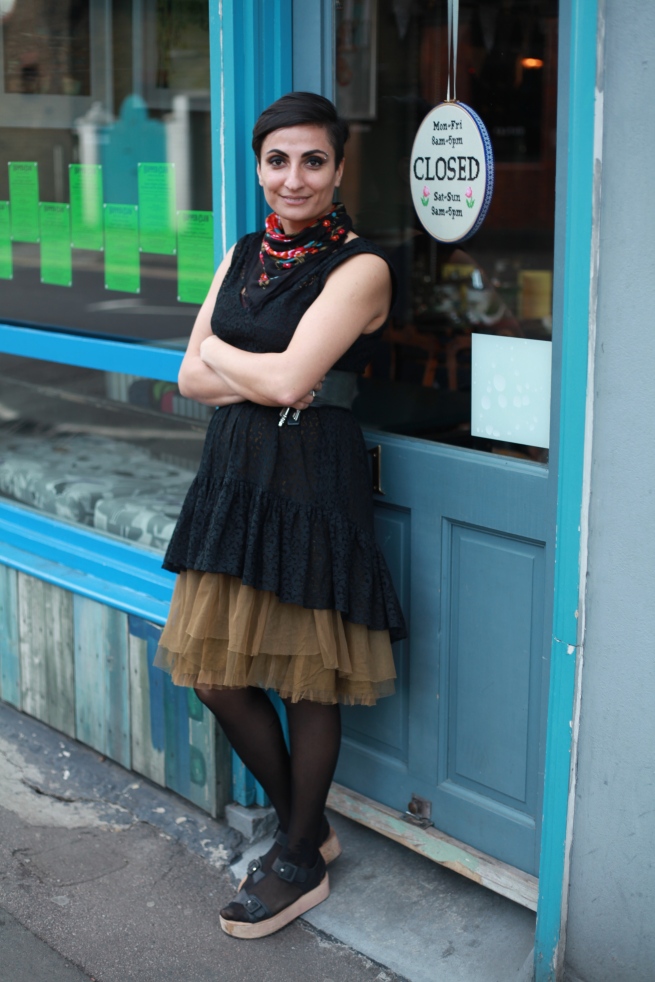 Eylem outside her cafe Brew for Two in Hackney
Eylem outside her cafe Brew for Two in Hackney 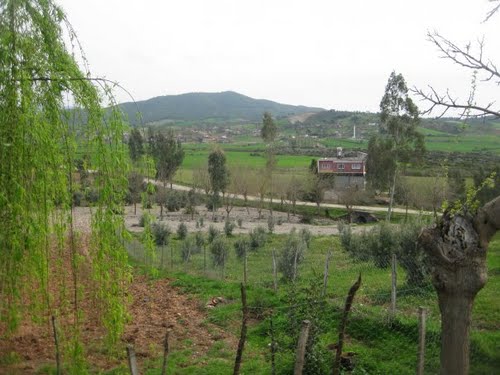 Turkish farm
Turkish farm 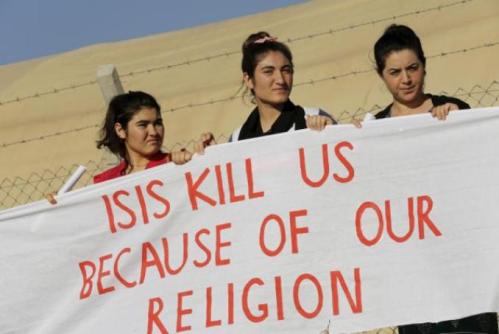
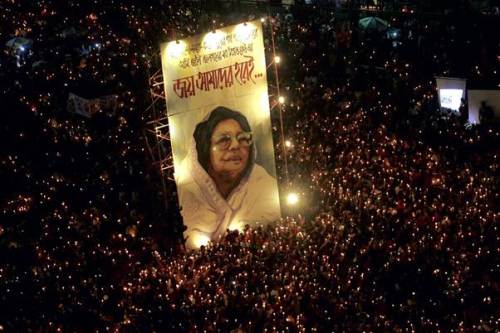
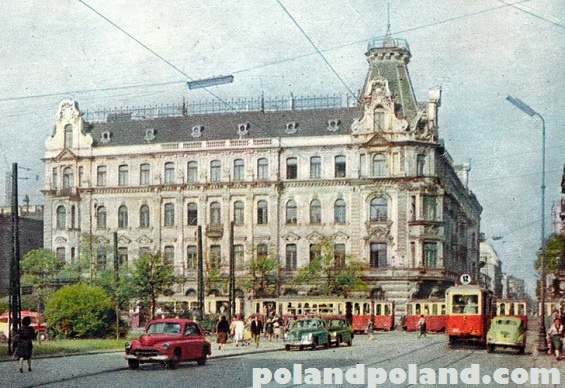
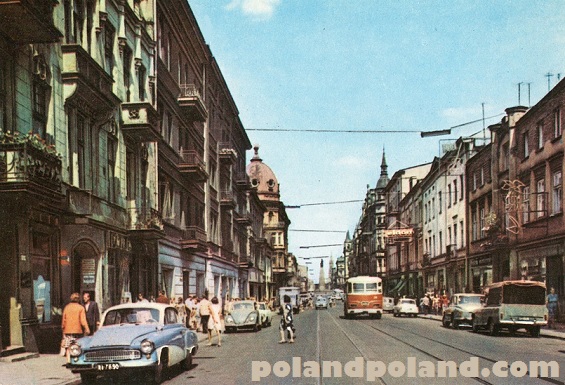 Lodz Poland c.1970
Lodz Poland c.1970  Communist era apartment blocks in Lodz, 1967
Communist era apartment blocks in Lodz, 1967 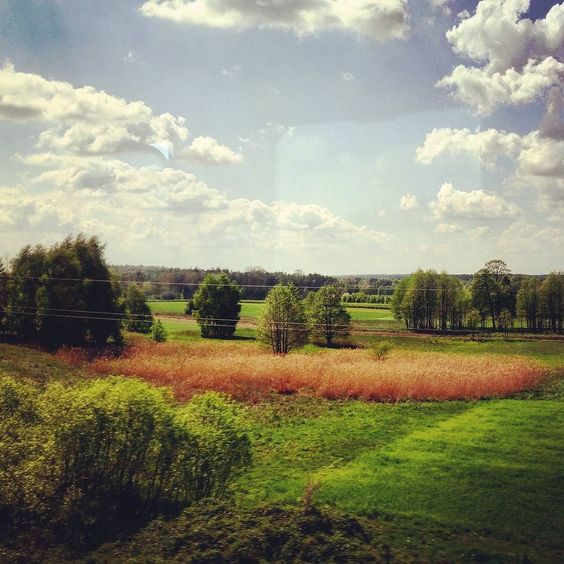 Countryside near Lodz
Countryside near Lodz  A centre where women share experiences and weave baskets for income helped this 11-year-old girl in the Congolese town of Bunyakiri to start putting her rape ordeal behind her. Photograph: Morgana Wingard/USAid
A centre where women share experiences and weave baskets for income helped this 11-year-old girl in the Congolese town of Bunyakiri to start putting her rape ordeal behind her. Photograph: Morgana Wingard/USAid 



You must be logged in to post a comment.